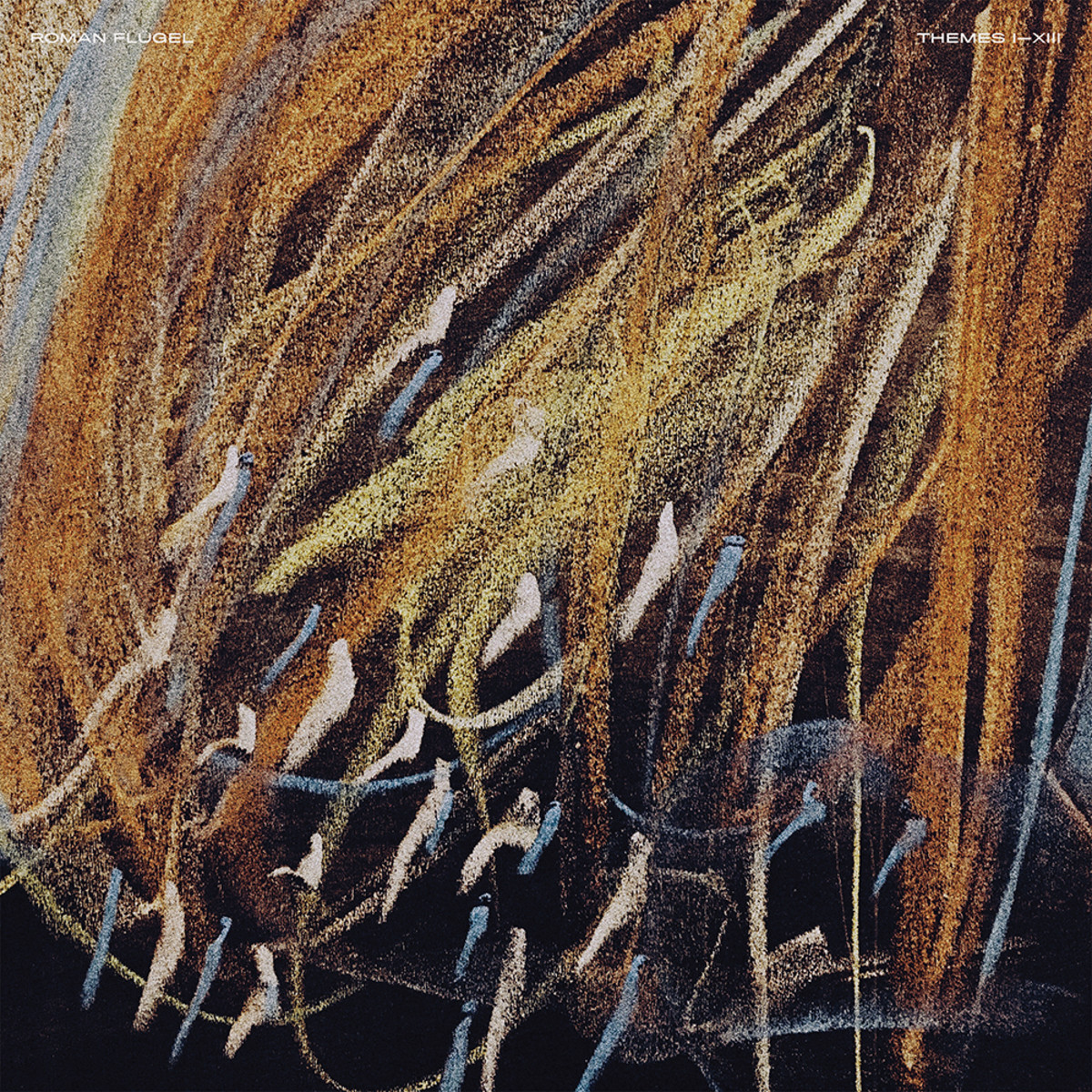Roman Flügel is a musical polymath. His musical catalogue is as diverse as the electronic music landscape and since the mid- nineties he’s been crafting singular electronic music through various aliases and projects, music that is revered by peers and music heads alike, regardless of genre or style. In recent years most of his artistic endeavours have been channeled through his eponymous artistic alias, and many of them have been reserved for the album format, where he is able indulge some kind of abstract, conceptual framework in creating a definitive artistic document.
After some concerted efforts, mostly for Dial the Frankfurt native crosses the Atlantic for ESP institute and his latest LP, Themes. ESP Institute says of the LP: Roman Flügel’s “framing of musical narratives as sketches, outlines, or skeletons where the listener’s perception compliments the whole, or his notion that sometimes stories might not need a clear articulation but might only come through in hints of mood, pace, and color, a language which doesn’t rely on words to communicate but which paints for us in Themes.”
The album finds Roman Flügel sitting at his arsenal of synthesisers extrapolating musical ideas directly from his mind to the keys in fleeting melodic pieces that drift between consciousness and reverie. Happy melodies bounce across synthesisers on languid rhythm structures that only barely break into a trot at times as Flügel stakes his claim in the tepid waters of ambient music.
There’s something instinctively maternal about Themes as soft congenial melodic arrangements play amongst more experimental textures that seem to come in and out of the individual pieces on a whim. There’s an intimacy to this LP that even with the more alien aspects of their construction, only draws the listener closer to the music. Flügel uses a minimalist’s ear, with a few very succinct elements constituting these tracks.
Some of these pieces, pieces like “X can often get lost in their own little moment, never really progressing to any specific destination, while others like “IV” almost appear as fully-formed pieces. They are just themes however, impromptu pieces from Roman Flügel living in their own little moment, devoid of any grander aspirations. If this is the calibre of music, Roman Flügel makes in extemporising circumstances, it puts onto perspective just what a prolific artist he is. While they might just be themes, many of them can be considered fully-fledged compositions too.

